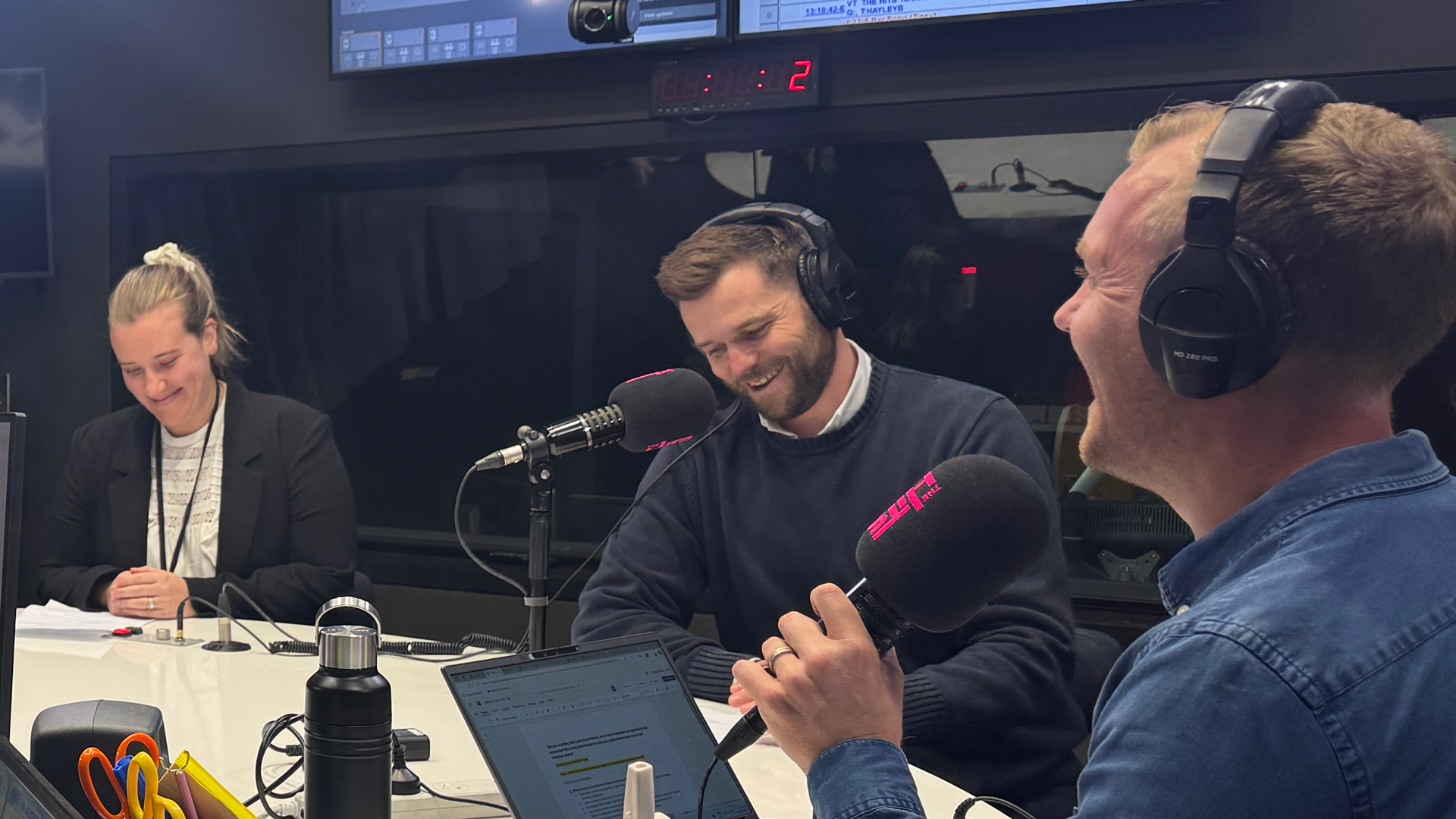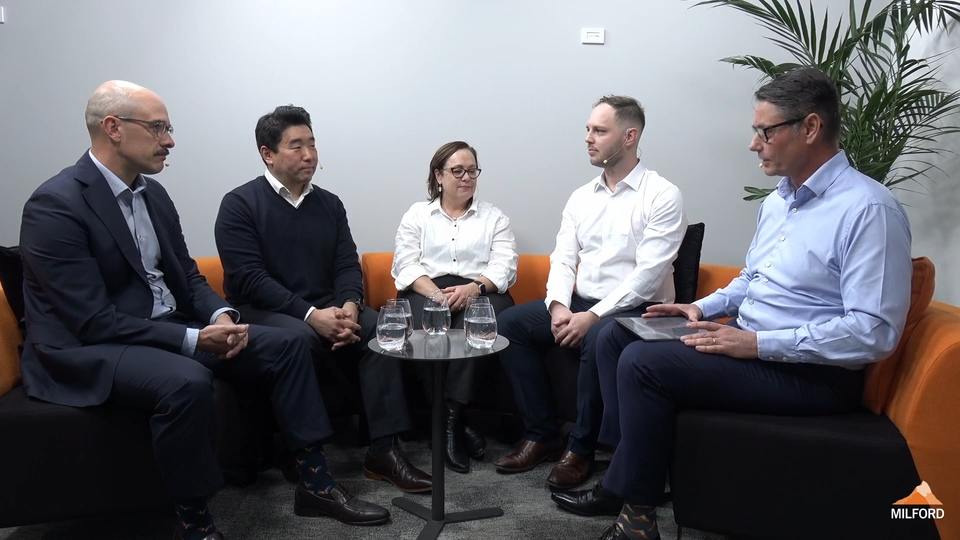We’re aware that many of you will be concerned about the impact the coronavirus, COVID-19, is having on share markets and in turn, your investments. We understand this can cause you a lot of worry, so we have tried to answer some of your questions below. As always, please contact us for anything further.
I’ve never seen my investment balance drop like this before, what’s happening?
KiwiSaver is an investment not a bank account. Your money is invested in a range of different areas we call “asset classes”. This includes higher-risk or growth assets like shares and property and lower-risk or more conservative assets like bonds, fixed interest and even some cash.
It is completely normal for the value of these assets to go up and down causing the value of your investment to change also. The coronavirus outbreak has had a significant impact on the markets in NZ and globally and caused several different asset classes to fluctuate in value more than is typically normal.
Why is my balance going down so quickly when it has been going up steadily for so long?
It is typical for markets to fluctuate. Share prices of companies around the globe have declined due to the coronavirus negatively impacting their future earnings. When share and bond prices go down this then flows through to a decline in your investment balance. Markets have had less volatility than usual over the last decade, so this is the first notable market drop for many KiwiSaver investors.
What is Milford doing to actively manage my investments right now?
Milford funds have been cautiously positioned since the beginning of February including holding higher levels of cash and reduced exposure to local and international share markets, including low relative exposure to sectors such as oil, banking, travel and tourism. We maintain our disciplined approach and we will actively consider opportunities for new investments as the pathway ahead becomes clearer. With significant cash holdings, we’re positioned well to take advantage of opportunities and invest capital when the time is right.
Should I be worried about the drop in my KiwiSaver balance?
No one likes to see the value of their investments drop. KiwiSaver is a long-term investment and most people are a long way from needing to withdraw from their KiwiSaver. If you are planning on using it sooner e.g. within 3-5 years, you may wish to consider your risk profile. We have a risk profile tool which can help you with this https://milfordasset.com/new-to-investing/your-risk-profile.
Technology means we also have greater visibility of our investments than ever before. If you have an online account that shows your balance, you’ll be more aware of any fluctuations than you would have previously. The downside of this is the temptation to check your investments too regularly and react to changes in value – remember KiwiSaver is a long-term investment.
We recently wrote an article about KiwiSaver and market volatility which you can read here https://milfordasset.com/insights/keep-calm-and-carry-on
I want to use my KiwiSaver for a first home purchase in the future and I’m worried now my balance has dropped.
If you are planning on using your KiwiSaver funds to contribute to a first home purchase then you will want to consider the risk you are taking in line with the timeframe to likely purchase. If you intend to purchase your home within the next 12 months then the Milford KiwiSaver Cash Fund might be more appropriate. If you have between 1 and 3 years then you should consider the Milford KiwiSaver Conservative Fund. If longer than 3 years then one of our other funds may be suitable, to check which fund best suits your risk profile you can use our Risk Profile Tool.
I am close to reaching KiwiSaver eligibility age of 65 and I’m worried now my balance has dropped.
As you approach eligibility age you may want to consider your risk profile and time horizon of your KiwiSaver funds. If you plan to work longer or don’t plan to access your KiwiSaver at age 65 it may be appropriate to remain in a growth or balanced fund. If you do plan on accessing your funds then you may want to consider one of our lower risk funds. To work out which fund best suits your circumstances you can use our Risk Profile Tool.
Should I change my investment strategy?
Generally speaking if nothing has materially changed in your personal situation over the past few weeks, it’s better to stick with your strategy. It’s very difficult to time markets and to know when to get in and out. History shows investors are usually rewarded for staying the course through market volatility.
Should I withdraw the majority of my funds because of what’s going on?
We encourage clients to stick to their original investment plan and intended timeframe and not to make hasty decisions, our risk profile tool can help guide you on which fund may be suitable for your situation https://milfordasset.com/new-to-investing/your-risk-profile. For KiwiSaver clients your funds are locked in until you reach the qualifying superannuation age or are wanting to withdraw for special circumstances such as a first home withdrawal.
Should I be worried about the effects of the coronavirus on my investments?
The coronavirus is having a significant impact on parts of the economy and its effects will be far reaching. If your goals and investment timeframes remain the same, you shouldn’t need to do anything; but if you need help or you are worried then talk to us or please see our risk profile tool.
How long does Milford expect this volatility to last?
Unfortunately, we cannot predict how long this will go on for, however, it is highly likely it will take some time to get the economy back to full strength.
We have an investment team of 28 people who between them have vast experience managing investments through previous financial crises, including the most significant in recent memory, the Global Financial Crisis. The current market movements are also creating investment opportunities which our team are acting on.
What is the best fund to be in to weather this storm?
The answer is a personal one and not something we can decide for you. It depends on your goals, investment timeframe and your attitude to risk. We talk about this a lot because your goals and timeframe are essential in determining the best fund for you. We have a risk profile tool which can help guide you on which fund may be best for your circumstances.
Is now a good time to buy? Should I add to my account?
The answer to this is a personal one. As an investor you should set a goal for your investment. An example could be, growing your savings for retirement. Another example could be using your savings to generate a retirement income. Next you should understand your personal tolerance for risk – we have a tool that can help. Once you’ve worked these out, it’s best to invest and stay invested. History shows that time in the market is more important than time-ing the market.
I want to switch or make a withdrawal; how do I get the best price?
There is no way to guarantee ‘the best price’.
When you are looking at your client portal, you are seeing unit prices from two business days ago this is because markets around the world close at different times due to time zone differences.
If you instruct us before 3:00pm your transaction will receive that day’s unit price, if you instruct us after 3:00pm, you will receive the next business day’s unit price. All unit prices are confirmed two business days’ after the instruction is received.
The below tables highlight the timings you can expect when making a switch or withdrawal from your funds.
 When will Milford’s Funds become less defensive and start deploying the extra cash they are holding?
When will Milford’s Funds become less defensive and start deploying the extra cash they are holding?
The rapid fall in markets will no doubt create opportunities to invest in great companies at very attractive prices over the medium to long term. However, we maintain our disciplined approach and we will actively consider opportunities for new investments as the pathway ahead becomes clearer. Patience is required, and with significant cash holdings, we’re positioned well to take advantage of these opportunities and invest capital when the time is right.


